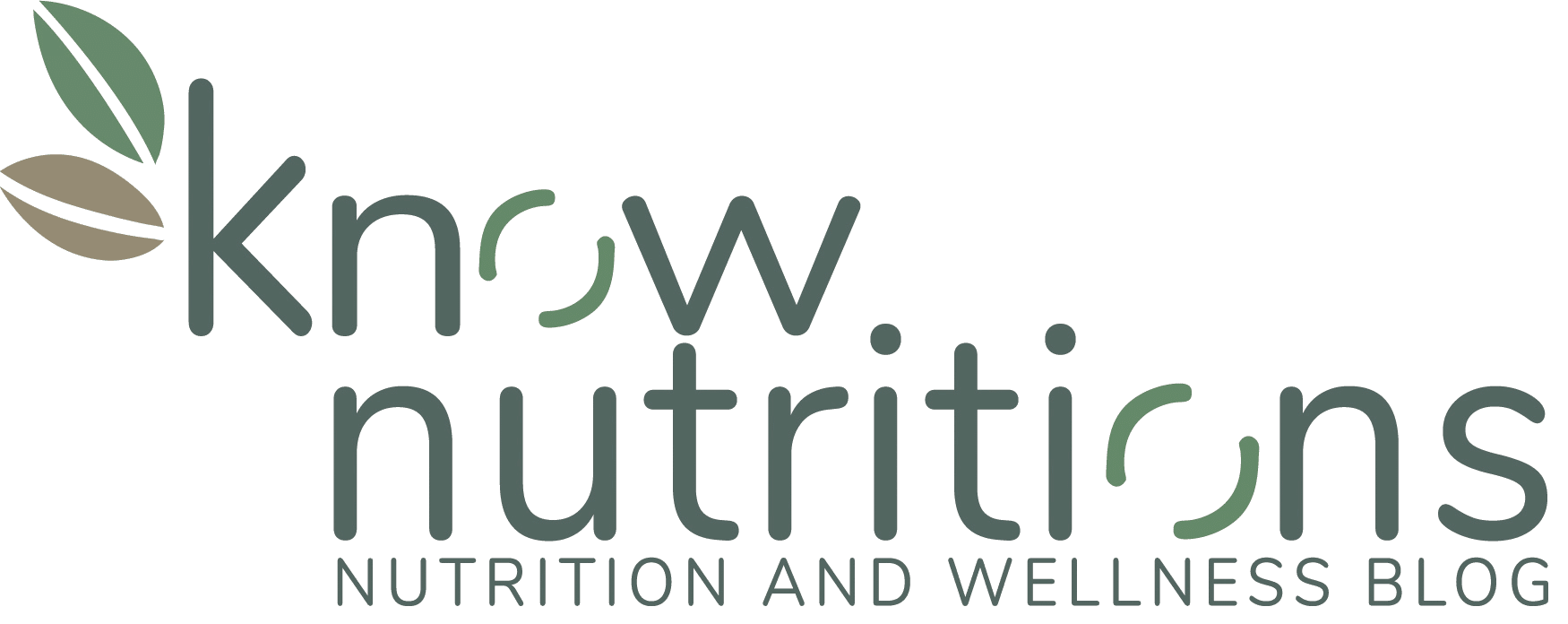After completing a workout, your body enters a recovery phase where it craves the right nutrients to repair muscles, replenish glycogen stores, and support overall recovery. However, consuming the wrong foods can hinder this process, leaving you fatigued and undoing your hard work. To optimize your post-workout nutrition, this article explores the foods to avoid after working out, their reasons for avoidance, and healthier alternatives.

Understanding Post-Workout Nutrition
Post-workout nutrition is critical for muscle repair and energy restoration. While many people focus on what to eat after exercising, understanding the foods to avoid after working out is just as important. Poor food choices can lead to digestive discomfort, delayed recovery, and even fat storage.
The Importance of Timing
The timing of your post-workout meal is crucial. Research indicates that consuming nutrients within 30 minutes to two hours after exercising maximizes recovery. People often refer to this period as the “anabolic window,” during which your muscles prime for nutrient absorption. Studies show that this window is particularly important for athletes and those engaging in high-intensity workouts.
Macronutrients Matter
Post-workout nutrition should focus on three main macronutrients: carbohydrates, proteins, and fats. Carbohydrates replenish glycogen stores, proteins aid muscle repair, and healthy fats support overall health. However, not all sources of these macronutrients are equal.
- Carbohydrates: These are essential for replenishing glycogen stores depleted during exercise. Consuming complex carbohydrates helps maintain energy levels.
- Proteins: Protein is vital for muscle repair and growth after exercise. It provides the building blocks (amino acids) necessary for muscle recovery.
- Fats: Healthy fats play a role in hormone production and overall cellular health. A balanced post-workout meal should include them in moderation.
Hydration is Key
Hydration is another critical component of post-workout recovery. Dehydration can lead to decreased performance in subsequent workouts and hinder recovery. It’s essential to replenish fluids lost during exercise. According to the American Council on Exercise, you should aim to drink at least 16-24 ounces of water within an hour after exercising.
7 Common Mistakes in Post-Workout Nutrition
Understanding which foods to avoid after working out can help you make better dietary choices. Below are seven common mistakes people make with their post-exercise meals.
Indulging in Sugary Snacks
Sugary snacks like candy bars or pastries may seem like a quick energy fix but are among the worst foods to avoid after working out. These foods cause blood sugar spikes followed by crashes, leaving you fatigued instead of replenished.
Consuming High-Fat Fried Foods
Fried foods like French fries or fried chicken are heavy on saturated fats, which slow digestion and delay nutrient absorption. These are classic examples of foods to avoid after working out, as they hinder muscle recovery.
Choosing Simple Carbohydrates
Simple carbs such as white bread or sugary cereals may provide instant energy but lack essential nutrients for recovery. They contribute to fat storage rather than replenishing glycogen effectively.
Drinking Alcohol
Alcohol is one of the top foods to avoid after working out because it dehydrates the body and slows muscle repair by inhibiting protein synthesis. Alcohol impairs muscle recovery by increasing cortisol (a stress hormone) and reducing testosterone, which is vital for muscle growth. It also dehydrates the body and hinders fat metabolism.
Relying on Processed Protein Sources
Processed protein bars or shakes often contain artificial sweeteners and additives that can cause bloating or inflammation—making them poor choices for recovery meals.
Skipping Post-Workout Meals
Skipping meals entirely is another major mistake. Your body needs nutrients to recover properly; skipping meals deprives it of essential fuel for muscle repair and glycogen replenishment.
Overeating After Workouts
While refueling is important, overeating can lead to fat gain instead of muscle recovery. Balance is key when planning your post-workout meal.
Foods to Avoid After Working Out
Transitioning from common mistakes, let’s examine specific categories of foods to avoid after working out in greater detail.
Sugary Snacks and Drinks
One of the most significant mistakes people make is indulging in sugary snacks or drinks immediately after a workout. While it may be tempting to grab a soda or a candy bar for a quick energy boost, these options offer little nutritional value.
The Impact on Recovery
Sugary foods lead to rapid spikes in blood sugar levels followed by crashes, which can leave you feeling fatigued. A study from the American Journal of Clinical Nutrition found that high sugar intake can impair recovery by increasing inflammation in the body. Additionally, studies have linked excessive sugar consumption to increased fat storage, which can be counterproductive when trying to maintain or lose weight.
Healthier Alternatives
Instead of sugary snacks, opt for natural sugars found in fruits like bananas or berries. These provide essential vitamins and minerals along with carbohydrates for energy replenishment. For example, a banana contains about 27 grams of carbohydrates and is rich in potassium, which helps prevent muscle cramps.
High-fat and Fried Foods
After working out, many people might crave fried foods or high-fat meals as a reward for their hard work. However, these foods can slow digestion and delay nutrient absorption.
The Consequences
High-fat meals take longer to digest, which means your body won’t receive the necessary nutrients promptly after exercise. The Journal of Nutrition published a study revealing that delayed amino acid delivery from high-fat meals could impair muscle protein synthesis. Furthermore, consuming fried foods increases the risk of inflammation and oxidative stress in the body.
Healthier Alternatives
Choose lean protein sources like grilled chicken or fish paired with healthy fats from sources like avocados or nuts. This combination aids in muscle repair without weighing you down. For instance, grilled salmon provides omega-3 fatty acids that have anti-inflammatory properties beneficial for recovery.
Simple Carbohydrates
Although people often view foods like white bread, pastries, and sugary cereals as quick sources of energy, they should avoid them after a workout.
Why They Are Detrimental
Simple carbohydrates lack fiber and essential nutrients needed for effective recovery. They can lead to increased fat storage rather than replenishing glycogen stores effectively. Research shows that simple carbs can cause insulin spikes that may lead to fat gain if consumed excessively.
Healthier Alternatives
Opt for complex carbohydrates such as brown rice, quinoa, or whole-grain bread. These options provide sustained energy release and essential nutrients for recovery while keeping blood sugar levels stable.
Alcohol
Alcohol is one of the worst foods to avoid after working out, as it dehydrates the body and impairs muscle recovery.
The Negative Effects
Alcohol consumption has been shown to increase cortisol levels while decreasing testosterone levels—both critical hormones for muscle growth and recovery. A study from the Journal of Strength and Conditioning Research indicates that alcohol can hinder muscle protein synthesis by up to 37%. Additionally, alcohol dehydrates the body, making it harder for muscles to recover effectively.
Healthier Alternatives
Instead of alcohol, hydrate with water or electrolyte-rich beverages like coconut water to replenish lost fluids without compromising recovery.
Processed Protein Sources
After a workout, protein is essential, but not all protein sources are equal. Processed protein bars or shakes often contain additives that can be detrimental to health.
The Risks Involved
Many processed protein products are high in sugars and artificial ingredients, which can cause digestive problems or inflammation after exercise. A report from Consumer Reports highlighted that some protein bars contain more sugar than candy bars!
Healthier Alternatives
Focus on whole food protein sources such as eggs, Greek yogurt, or legumes. These options provide high-quality protein without unnecessary additives while also offering additional nutrients beneficial for recovery.

The Do’s and Don’ts After Exercise
Transitioning from what not to eat after working out leads us to broader guidelines on what you should do for optimal recovery.
Do Prioritize Protein
Protein is vital for muscle repair and growth after exercise. Aim for 20-30 grams of high-quality protein within two hours post-workout to maximize muscle recovery. Research shows that consuming protein shortly after exercise enhances muscle protein synthesis significantly compared to waiting longer periods.
Don’t Skip Carbs
Carbohydrates are essential for replenishing glycogen stores depleted during exercise. Ensure you consume complex carbs alongside protein for optimal results; this combination facilitates faster recovery times compared to consuming either macronutrient alone.
Do Stay Hydrated
Rehydrating after a workout is crucial for overall health and performance. Aim to drink at least 16-24 ounces of water within an hour after exercising; this helps restore fluid balance lost during physical activity while also aiding digestion and nutrient absorption.
Don’t Overeat
While it’s important to refuel after a workout, overeating can lead to unwanted weight gain due to excess calorie intake beyond what your body needs for recovery purposes. Focus on balanced portions rather than excessive quantities; this ensures you’re meeting nutrient needs without going overboard on calories.
Do Listen to Your Body
Everyone’s nutritional needs are different; pay attention to how your body responds after workouts. Adjust your post-exercise meals based on personal experience and results; tracking how different foods affect your performance can help you optimize your diet over time.
Final Takeaway:
In conclusion, understanding foods to avoid after working out is crucial for anyone serious about their fitness journey! By steering clear from sugary snacks/high-fat foods/simple carbohydrates/alcohol/processed proteins while opting instead for nutrient-dense alternatives such as lean proteins/complex carbs, you set yourself up successfully both during recovery phases & performance enhancement alike!
By making informed choices about what you consume after exercise, you will not only improve your overall health but also enhance muscle growth, paving the way to achieving your fitness goals more efficiently! Remember, proper nutrition is just as important as the workouts themselves—make every meal count towards your success! You’ll be better off physically and mentally by considering these foods to avoid after working out when planning meals! Each choice affects your overall health!
FAQs
Can I Work Out on an Empty Stomach?
While some individuals who practice intermittent fasting find it effective, it may not be suitable for everyone. Exercising without fuel may lead to decreased performance and fatigue during workouts. It’s essential to listen to your body and find what works best for you regarding pre-workout nutrition.
Are Eggs Good After a Workout?
Yes! Eggs are an excellent source of high-quality protein containing all nine essential amino acids necessary for muscle repair and growth; they also contain healthy fats that support overall health! Including eggs in your post-workout meal can enhance recovery significantly—try pairing them with whole-grain toast topped with avocado slices!
What Is Best to Eat After a Workout?
The best post-workout meal should include a combination of lean proteins (like chicken or fish), complex carbohydrates (such as brown rice or sweet potatoes), and healthy fats (like avocado or nuts). This balanced approach ensures optimal nutrient absorption while providing sustained energy levels throughout the day ahead!
What Are The Do’s And Don’ts After Exercise?
Do prioritize hydration by drinking plenty of water; don’t skip meals as your body needs nutrients for recovery; do focus on balanced meals with proteins alongside carbs; Avoid overindulging in sugary snacks after your workouts and pay close attention to your hunger cues to ensure proper fueling in the future.
How Long After Working Out Should I Eat?
Aim to eat within 30 minutes up until two hours following completion of any workout session! This timeframe allows muscles ample opportunity to absorb nutrients effectively when they’re most receptive following exercise—delaying intake could hinder progress made during training sessions!










